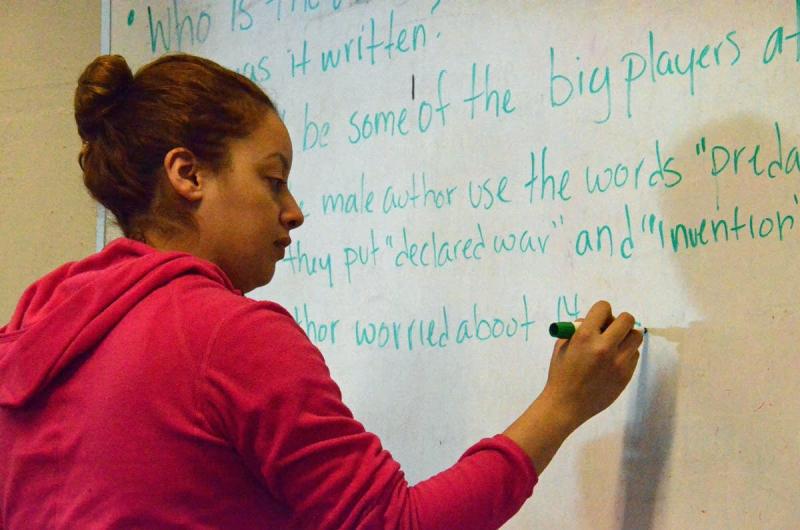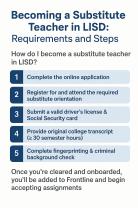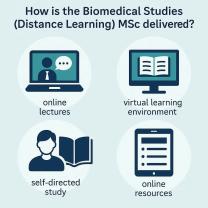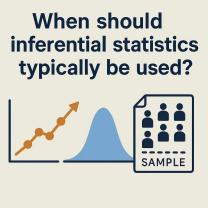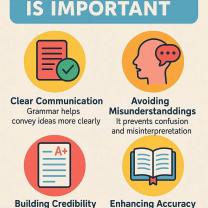What skills are needed to be an effective teacher?
Being an effective teacher requires a combination of pedagogical skills, interpersonal abilities, and a genuine passion for education. Here are some essential skills that contribute to effective teaching:
Pedagogical Skills:
Subject Matter Expertise:
- In-depth knowledge of the subject being taught is fundamental. Teachers should have a strong command of the content to deliver accurate and meaningful lessons.
Effective Lesson Planning:
- The ability to plan and organize lessons that align with curriculum objectives, cater to diverse learning styles, and engage students in meaningful activities.
Classroom Management:
- Skills to establish and maintain a positive and productive classroom environment, including effective discipline, time management, and the ability to handle disruptions.
Differentiated Instruction:
- Adapting teaching methods to accommodate diverse learning styles and abilities within the same classroom, ensuring all students have an opportunity to succeed.
Assessment and Feedback:
- Developing fair and meaningful assessment methods, providing constructive feedback, and using assessment data to inform instruction and address individual student needs.
Interpersonal Skills:
Communication Skills:
- Clear and effective communication with students, colleagues, and parents is crucial. This includes both verbal and written communication.
Active Listening:
- Being attentive and responsive to students' questions, concerns, and contributions, fostering open communication in the classroom.
Empathy:
- Understanding and empathizing with students' perspectives, needs, and challenges, creating a supportive and inclusive learning environment.
Cultural Competence:
- Awareness and respect for cultural diversity in the classroom, adapting teaching approaches to be inclusive and culturally responsive.
Collaboration:
- Working effectively with colleagues, administrators, and parents to create a collaborative educational environment that benefits students.
Instructional Technology:
Technology Integration:
- Proficiency in incorporating technology tools and resources to enhance learning, engage students, and prepare them for the digital age.
Digital Literacy:
- The ability to teach students digital literacy skills, including online research, critical evaluation of information, and responsible use of technology.
Classroom Innovation:
Creativity:
- Bringing creativity into lesson design and delivery, fostering an environment that encourages students to think critically and creatively.
Adaptability:
- Flexibility and adaptability to respond to the evolving needs of students and changes in education trends and policies.
Motivational and Inspirational:
Passion for Teaching:
- Genuine enthusiasm and passion for the subject matter and teaching, inspiring students to be curious and engaged in their learning.
Motivational Skills:
- The ability to motivate and inspire students, helping them set and achieve academic and personal goals.
Continuous Professional Development:
Lifelong Learning:
- Commitment to continuous professional development, staying informed about educational research, best practices, and innovations in teaching.
Reflective Practice:
- Reflecting on teaching methods, assessing effectiveness, and making adjustments to enhance instructional strategies.
Organization and Time Management:
Organization:
- Effective organization of instructional materials, lesson plans, and assessments to create a structured and efficient learning environment.
Time Management:
- Efficient use of instructional time, balancing different tasks, and ensuring that lessons progress at an appropriate pace.
These skills collectively contribute to creating a positive and effective learning experience for students. Effective teachers continually refine and develop these skills throughout their careers to meet the evolving needs of their students and the education landscape.
Essential Pedagogical Skills for Effective Teaching:
Effective teaching requires a diverse set of pedagogical skills, encompassing both instructional techniques and classroom management strategies. Here are some key skills:
1. Planning and Organization:
- Developing engaging and well-structured lesson plans aligned with learning objectives.
- Utilizing various teaching methods and resources to cater to diverse learning styles.
- Effectively managing time and resources within the classroom environment.
2. Communication and Instruction:
- Communicating complex concepts in a clear, concise, and engaging manner.
- Utilizing active learning strategies to promote student participation and interaction.
- Providing constructive feedback and fostering a learning environment that encourages questions and discussion.
3. Differentiation:
- Recognizing individual student needs and abilities.
- Modifying instruction and curriculum to address diverse learning styles and paces.
- Providing differentiated instruction and assessments to ensure all students achieve success.
4. Assessment and Evaluation:
- Employing diverse assessment methods to measure student learning and progress.
- Providing constructive feedback that guides students towards improvement.
- Analyzing assessment data to inform instruction and identify areas for improvement.
5. Technology Integration:
- Effectively integrating technology tools and resources to enhance learning.
- Utilizing technology to personalize learning experiences and engage students.
- Recognizing the ethical considerations of technology use in the classroom.
6. Classroom Management:
- Establishing clear classroom expectations and rules.
- Creating a positive and supportive learning environment.
- Maintaining a structured and organized classroom environment.
- Implementing effective discipline strategies to address disruptive behavior.
7. Collaboration and Reflection:
- Collaborating effectively with colleagues to share best practices and learn from each other.
- Reflecting on teaching practices and seeking feedback to continuously improve.
- Engaging in ongoing professional development to stay current with educational trends and research.
8. Cultural Competency:
- Understanding and valuing diverse cultural backgrounds and learning styles.
- Creating an inclusive classroom environment where all students feel respected and supported.
- Incorporating multicultural perspectives into the curriculum and teaching practices.
9. Empathy and Caring:
- Establishing positive relationships with students and building trust.
- Demonstrating empathy and understanding for students' individual needs and challenges.
- Fostering a sense of community and belonging within the classroom.
These skills are not static but require continuous development and refinement through practice, reflection, and professional learning.
Role of Classroom Management:
Effective classroom management is crucial for fostering a positive learning environment where students feel safe, engaged, and motivated. This involves:
- Establishing clear rules and expectations for behavior.
- Implementing routines and procedures that promote order and efficiency.
- Addressing disruptive behavior proactively and consistently.
- Creating a positive classroom culture that promotes respect and cooperation.
Effective classroom management allows teachers to maximize instructional time and focus on fostering student learning.
Importance of Professional Development:
Ongoing professional development plays a vital role in becoming and remaining an effective teacher. This can be achieved through various means, including:
- Participating in professional development workshops and conferences.
- Pursuing further education in the field of education.
- Observing other effective teachers and collaborating with colleagues.
- Engaging in research and reading professional literature.
- Reflecting on teaching practices and seeking feedback from others.
By continuously learning and developing their skills, teachers can stay current with educational trends and research, improve their teaching practices, and ultimately enhance student learning outcomes.
Ultimately, effective teaching requires a multifaceted approach that combines strong pedagogical skills, effective classroom management, and a commitment to ongoing professional development. By cultivating these essential qualities, teachers can create positive learning environments where all students can thrive.
